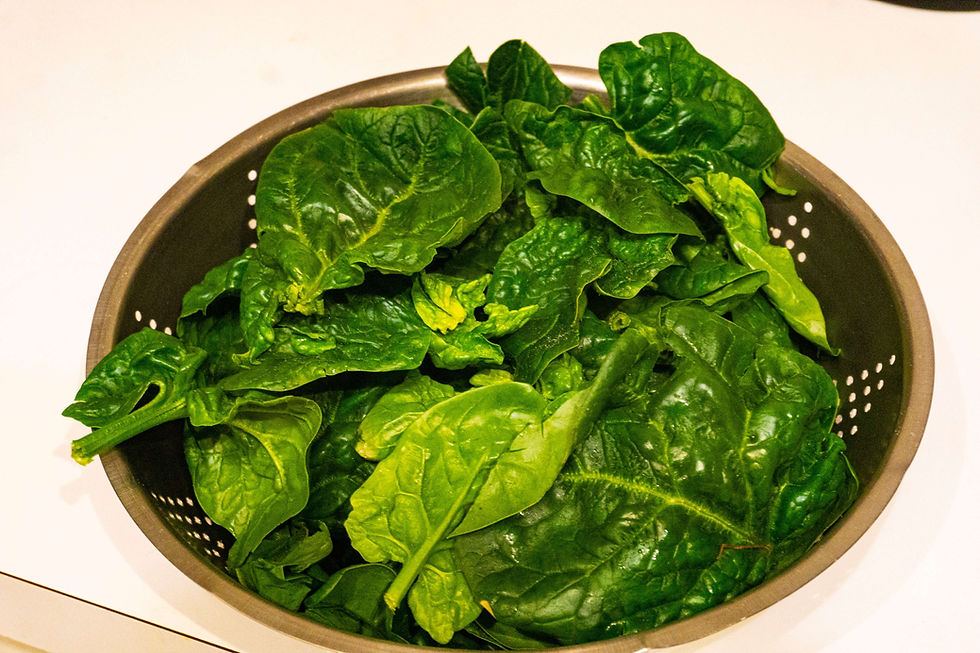Farm Aid Highlights Illinois Farmer Impacted by Federal Funding Freeze
- Bob Benenson

- Mar 23, 2025
- 2 min read
Learn About Chicago Region Farmer John Bartman

The Farm Aid non-profit has been pursuing and promoting the interests of family farmers across the United States for 40 years. And the organization is rallying support and calling for action to reverse federal cuts and freezes to valuable farm programs — in a number of cases refusing to meet contractual obligations to reimburse farmers for expenses they have undertaken to meet those programs' goals.
With permission from Farm Aid, I am beginning to re-publish their profiles of farmers who are being unfairly penalized for doing the right thing. The first profile is of John Bartman of Bartman Family Farm, a 900-acre regenerative vegetable and grain farm in Marengo, Illinois (about 60 miles northwest of Chicago).
The profile is one of several in a longer piece published on the Farm Aid website, linked below, along with a link to the recording of an Illinois House Agriculture Committee at which John testified.
——————————
John Bartman runs a 900-acre regenerative vegetable and grain farm in Marengo, IL, and sells his produce at a roadside stand outside of Chicago. He is no stranger to the demands of agriculture, as his family has been farming in the Midwest since 1846.
Though John has been farming with cover crops and practicing no-till for years, he never qualified for funding under the NRCS’s narrow guidelines. That changed in 2023 when the [Inflation Reduction Act] was passed, providing funding for Climate Smart Commodities Partnerships programs. These initiatives pay farmers for implementing practices like planting cover crops or reducing fertilizer usage.
Employing a contract with this program, John entered a public-private partnership with a company to buy his grain and market it as sustainable. Prior to the IRA, these types of conservation programs didn’t pay well and weren’t worth the time. Now he earns fifty-five dollars an acre for planting cover crops and is paid for nutrient management studies that help prevent runoff.
John got a notice in January that everything was on hold, and was told not to expect the program to continue. John was at a loss. “We’re counting on that money. We sequestered the carbon, we did the job. It’s just not right, it’s a contract! It’s an invoice and a bill and they should honor that program. We sat down with our banker last year and we figured it out; this was a way for us to keep our head above water.”
John is disappointed that the government broke its contract with him. “We shouldn’t be waiting for this. This is our money. We’ve signed a contract. I’m very, very disheartened right now. ”
——————————
STAND UP FOR OUR SMALL FAMILY FARMS
.png)





Comments